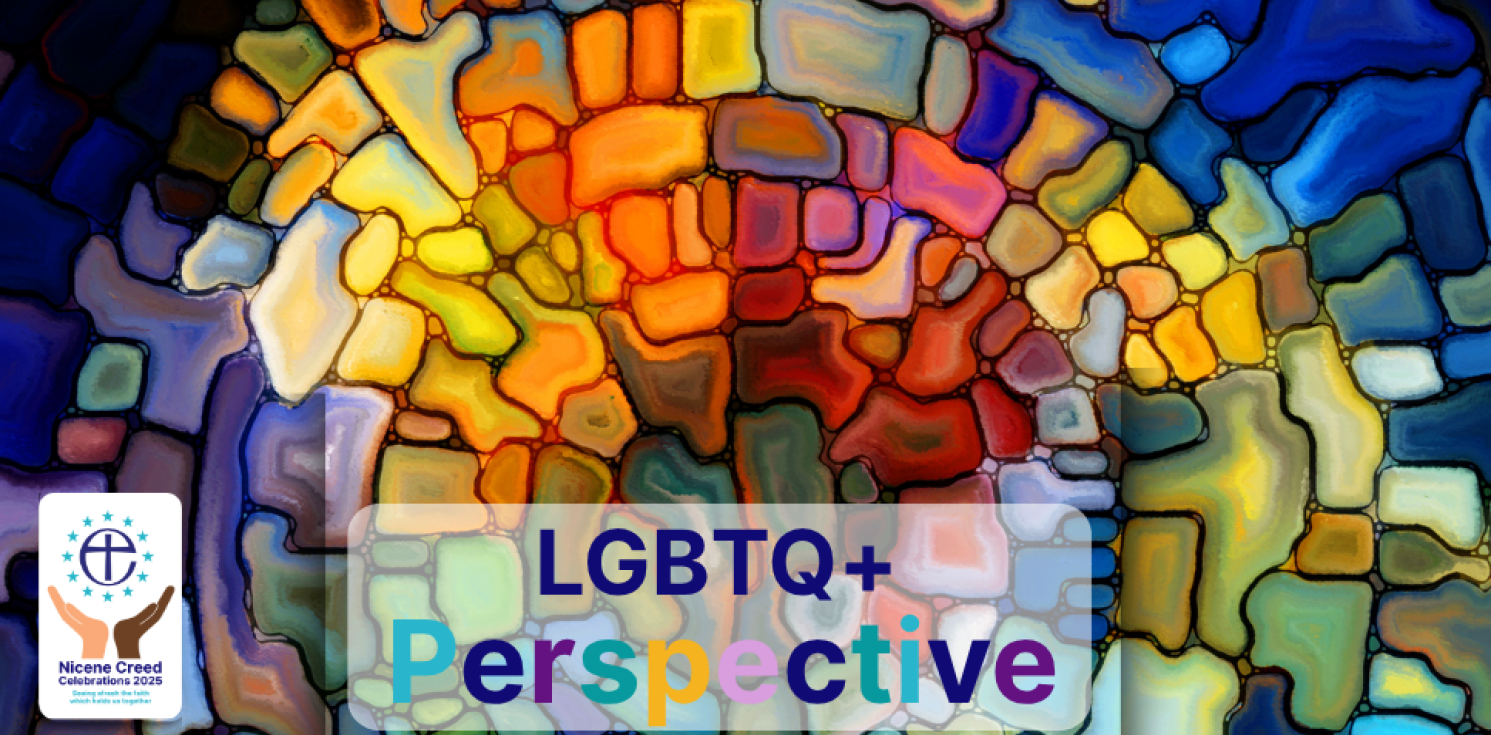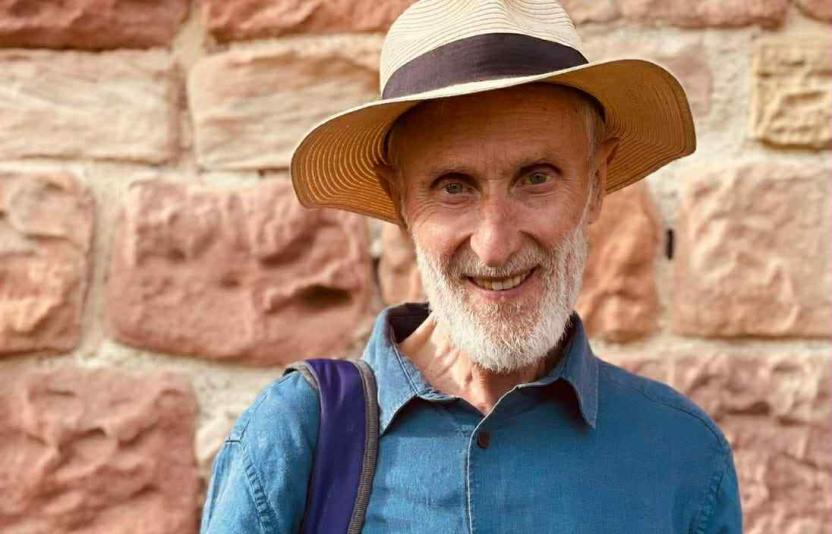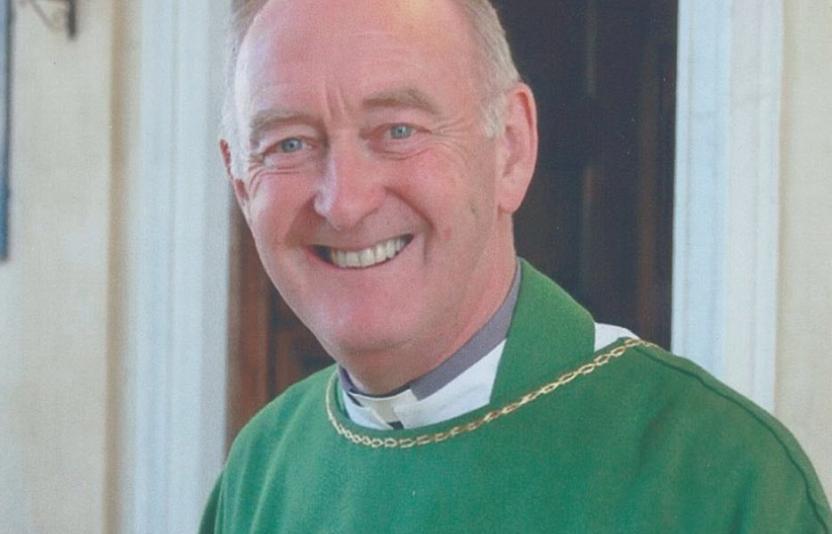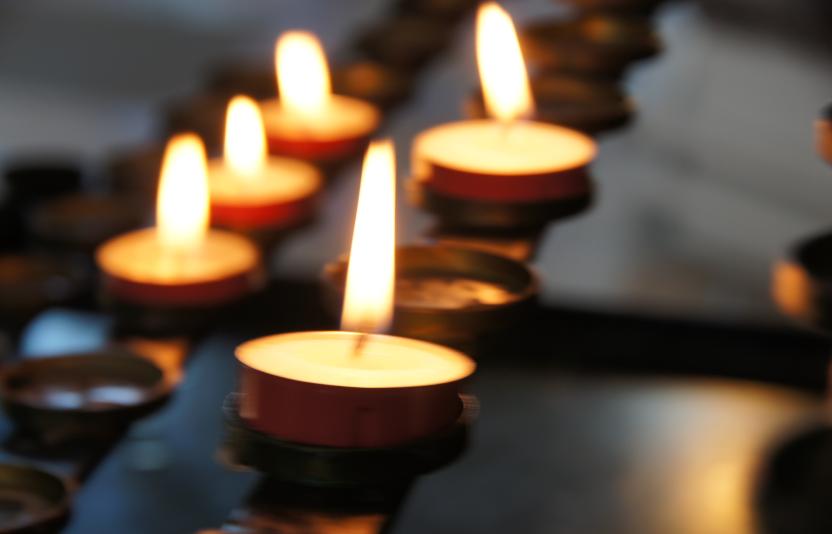Nicaea and the Unity of all the Saints

The following reflection, which forms part of our offering diverse perspectives of the Nicene Creed and is part of our 2025 Celebrating Nicaea campaign, was contributed by a group of LGBT+ clergy of the diocese:
Saying the Nicene Creed as an LGBTQIA+ person should be the same as for anyone else. Sexual orientation or gender identity should make no difference when we say together, “We believe in one God…” “We believe in one Lord, Jesus Christ…” “We believe in the Holy Spirit…” “We believe in one holy, catholic and apostolic Church.” In those words, we are joined with Christians across the world and throughout time. We stand in unity, confessing the same faith, belonging to the same body.
And yet, in our present moment, that unity feels fragile. The Church of England does not feel united, and recent divisions within the wider Communion have deepened the sense of fracture. When the Living in Love and Faith process began, LGBTQIA+ members of the Church were promised “a radical new Christian inclusion,” grounded in a fuller understanding of what it means to be human and to love as God loves. There was hope that the words of the Creed — “We believe in one holy, catholic and apostolic Church” — might become more than words, a reality of genuine belonging for all.
Over time, that vision has faded. Many of us have felt our identity, our love, and our presence within the Church treated as obstacles to unity, rather than gifts within it. Yet the Creed calls us back to something deeper: a unity founded not on exclusion or silence, but on our shared faith in the God who creates, redeems, and sustains all.
“We believe in one God, the Father Almighty…” — the Maker of all, whose image shines in every person.
“We believe in one Lord, Jesus Christ…” — who welcomed the outsider and gathered the lost.
“We believe in the Holy Spirit…” — whose life-giving breath moves freely and cannot be contained.
“We believe in one holy, catholic and apostolic Church…” — a Church that is truly universal, wide enough to hold us all.
It is painful when that breadth is not reflected in the life of the Church. To hear someone in authority suggest that you are a lesser Christian, a lesser human being, because of who you are or whom you love, is to be led into a place of rejection. It undermines faith and community alike, leaving many feeling outside, listening to the sounds of a feast they long to share.
And yet even in that place, we keep saying the words. We say them in hope. We say them believing that unity cannot mean uniformity, and that silence imposed on the vulnerable is not peace, but loss. As Archbishop Rowan Williams said, true unity is the kind that keeps asking, “Who is not here?” and longs to draw them in.
Christ himself showed us what such unity looks like — a welcome that crossed boundaries, an embrace that cost him dearly. His was a gospel of radical inclusion, where those once excluded were brought to the centre. To stand in that tradition, to say “We believe” as LGBTQIA+ Christians, is to hold fast to that same vision of God’s kingdom — where all are invited to the table, without exception and without exclusion.
And so we will go on saying the words together:
“We believe in one God…”
“We believe in one Lord, Jesus Christ…”
“We believe in the Holy Spirit…”
“We believe in one holy, catholic and apostolic Church.”
We will continue to believe in the unity that Christ offers — a unity not of silence, but of love; not of erasure, but of belonging. We travel in faith that one day we will all be gathered into that true communion, and find the door wide open, the table set, and the welcome complete — offered by the One who stood with the excluded, who suffered, died, and was raised to bring us all home.
You can download a copy of this reflection here: Nicaea and the Unity of all the Saints


